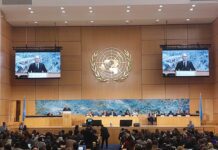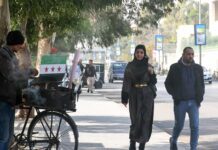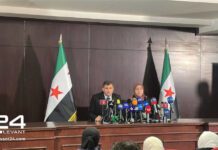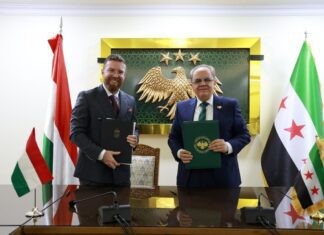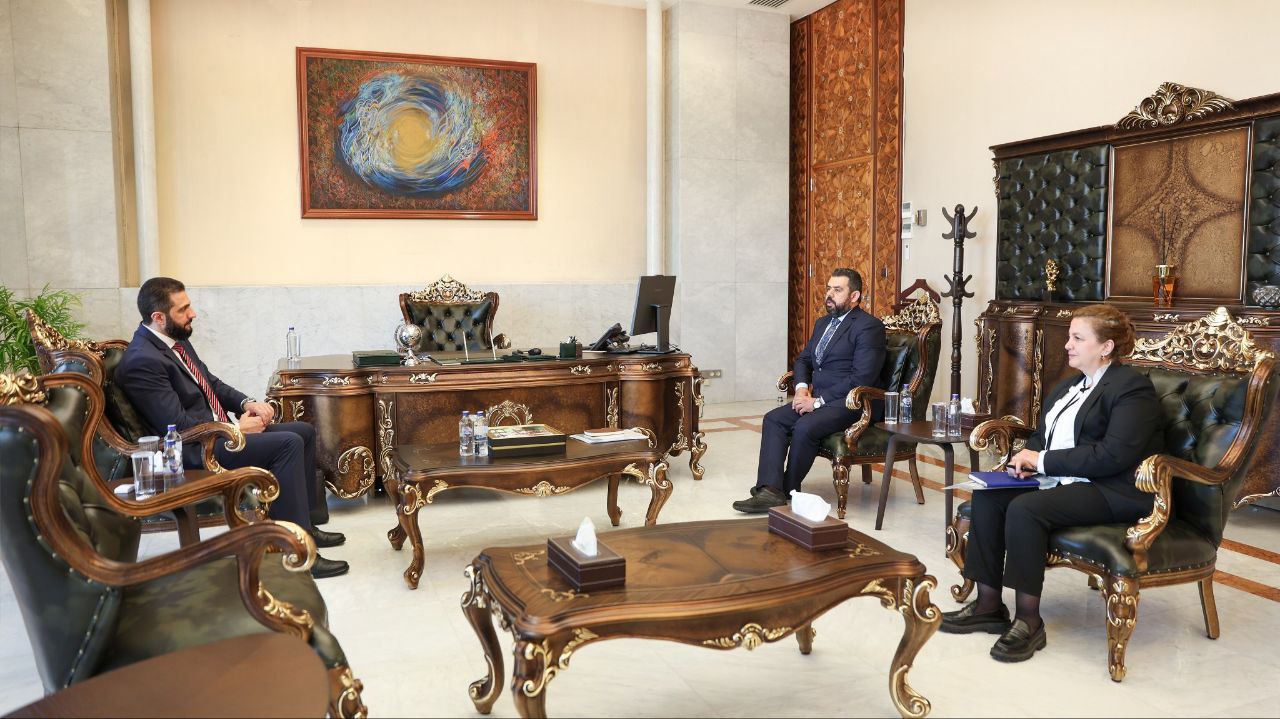
The National Commission for Missing Persons (NCMP) announced the formation of its advisory council on June 26, marking a key step in Syria’s pursuit of justice and answers for thousands of families affected by enforced disappearances. According to a statement published on the Commission’s official Facebook page, the board includes a mix of technical experts, human rights defenders, legal professionals, and survivors of detention and torture.
Among those named to the council are Zeina Shahla, a journalist and former detainee who works in digital rights and conflict documentation, and Amna Khoulani, a prominent activist recognized with the US International Women of Courage Award in 2020. Khoulani lost three brothers in Saydnaya prison and has played a key role in civil initiatives addressing Syria’s missing.
Other members include Diab Serkiya, head of the Saydnaya Detainees Association; Ayman Shmou, director of Caesar Justice Files and recipient of the 2025 Eclipse Award; and forensic expert Muhammad al-Zoubi, who leads efforts to train doctors in documenting torture. The council also features legal, psychological and technical specialists such as Jalal Nawfal, a mental health expert working with refugees; and Bilal Bakour, who develops data systems for tracking disappearances.
National Consultations and Reporting Mechanisms to Begin
Zeina Shahla, speaking to Radio Damascus, confirmed that the NCMP will announce its initial structure and bylaws next week, followed by a period of national consultation. The Commission intends to engage with a broad range of actors—victims’ families, civil society, state institutions, and international partners—to establish transparent and inclusive procedures.
Key activities will include the collection and documentation of data on missing persons, detailing the circumstances of their disappearance. Shahla said the Commission will employ modern technologies, such as DNA testing, and initiate field investigations across sites like mass graves, prisons, hospitals, and judicial institutions.
To support accessibility, the Commission plans to introduce electronic reporting systems, dedicated contact lines, and regional centers. “The ultimate goal is to reach clear answers regarding the fate of all missing Syrians,” Shahla said. This effort includes cases dating back prior to the 2011 conflict.
Support for Families and Ongoing Transparency
In a June 19 meeting, President Ahmad al-Sharaa met with Commission Chairman Muhammad Reza Jalakhi to discuss the authority’s mandate, which includes creating a national database, providing legal and humanitarian support, and coordinating investigative operations. The Commission’s work will be carried out under the NCMP.
Shahla emphasized that each development will be publicly communicated through official channels to maintain transparency. The Commission aims to hold listening sessions in governorates across the country to determine how best to serve affected families.
Although early in its process, the NCMP’s launch represents a formal step in Syria’s transition toward truth-seeking and accountability for the disappeared—one grounded in technical rigor and human compassion.

